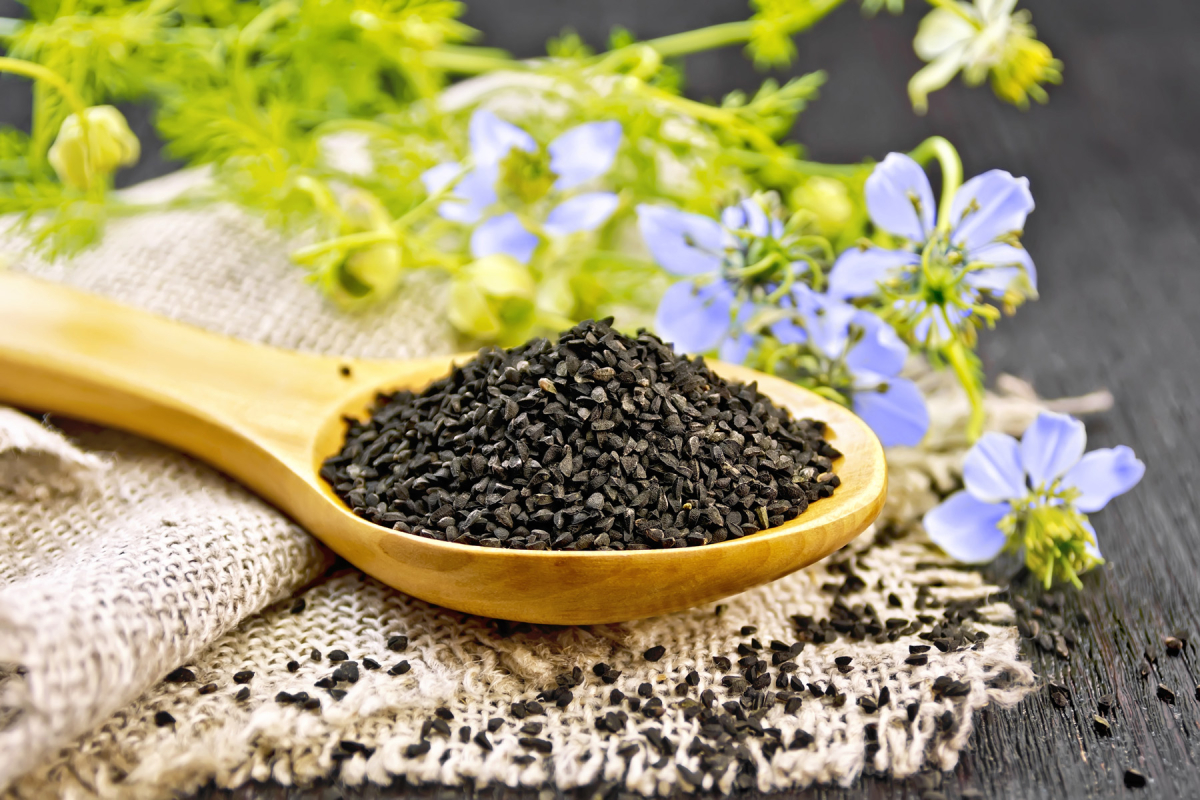Potassium, a common but often overlooked element, plays an important role in our health and well-being. Before we delve into its meaning, let's step back and look at the origin of potassium.

Discovery of Potassium
Potassium was first isolated in 1807 by British chemist Sir Humphry Davy. Davy was a pioneer in electrochemistry, using the electrolytic method to isolate potassium from potassium hydroxide (KOH). The discovery was a major achievement in science and led to a deeper understanding of the chemical elements.
What is potassium?
Potassium is a naturally occurring element with the symbol K and atomic number 19. It is an alkali metal found in the first group of the periodic table. In its pure form, it is a soft, silvery-white metal that reacts in water, generating heat.
However, the form we find in dietary supplements and foods is a far cry from what Sir Humphry Davy isolated in his laboratory. Instead, they are different potassium compounds that perform different functions in our body.
The importance of potassium for the body
Potassium plays a crucial role in many fundamental physiological processes. As an electrolyte, potassium regulates fluid balance in the body and helps regulate blood pressure. It also supports the proper functioning of cells, tissues and organs.
In addition, potassium is essential for the nervous system. It helps nerve cells receive and send signals and is essential for normal brain function. Potassium is also involved in regulating heart rhythm and may help reduce the risk of stroke.
What does the EU Health Claim say about potassium?
The European Food Safety Authority (EFSA), which is responsible for examining health claims made about foods within the EU, has approved certain health claims made about potassium. These health claims link potassium consumption to specific health benefits.
According to EFSA, potassium may offer the following health benefits:
- Contributing to the normal functioning of the nervous system: Potassium plays a key role in the transmission of nerve impulses in our body and is therefore important for the proper functioning of our nervous system.
- Contribution to normal muscle function: Potassium is necessary for muscle contraction and relaxation. Adequate potassium intake can help support normal muscle function.
- Help maintain normal blood pressure: Potassium helps control blood pressure by balancing the effects of sodium and helping to relax blood vessels.
The approved health claims allow manufacturers of dietary supplements and processed foods to advertise these specific health benefits of potassium on their labels and in their advertising. Importantly, however, the products must contain a certain amount of potassium in order to make these claims.


What foods is potassium found in?
Potassium is found in many foods, especially fruits, vegetables, legumes, dairy products and meat. Some of the best sources include bananas, oranges, melons, apricots, tomatoes, potatoes, sweet potatoes, spinach, beans, yogurt, and fish.
How much potassium do you need daily?
According to the World Health Organization (WHO), the recommended daily dose for adults is 3,510 mg per day. It's important to note that potassium needs can vary based on age, gender, level of physical activity, and overall health.
Who should and shouldn't supplement potassium?
While a balanced diet should provide enough potassium, there are certain groups of people who could benefit from potassium supplementation. This includes people with chronic medical conditions such as kidney disease, heart disease, or certain types of metabolic disorders that affect their ability to absorb or process potassium. Individuals who regularly take certain types of medications, such as diuretics, might also benefit from supplemental potassium.
Athletes and those who regularly engage in vigorous physical activity may also benefit from supplemental potassium, as profuse sweating depletes electrolytes, including potassium. Supplementation can help offset these losses and support muscle function and post-workout recovery.
Despite the benefits of potassium, it's important to note that an overdose of potassium (hyperkalemia) can be harmful and can lead to serious heart problems. Therefore, potassium supplementation should always be done under the supervision of a physician.
People with certain health conditions, including kidney disease or heart disease, should not take potassium supplements unless recommended by a doctor. That's because their bodies may not be able to effectively eliminate excess potassium, which can lead to health problems.
Conclusion on potassium
Potassium is an essential mineral that plays a central role in numerous bodily functions. A balanced diet should provide enough potassium, but certain groups of people may benefit from supplementation. As with any dietary supplement, potassium intake should always be done under medical supervision to ensure it is safe and effective.
Although potassium is an essential part of our diet, it is only one piece of the overall nutritional puzzle. A healthy, balanced diet, regular exercise, and an overall healthy lifestyle are essential to promoting overall health and well-being. Let's explore the world of supplements together and how we can best use them to achieve our health goals.
Here you can find suitable potassium products











